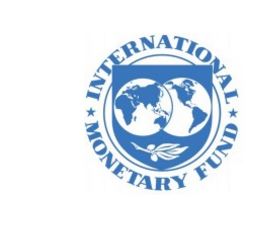 The International Monetary Fund (IMF) in an assessment of 2016 economic developments in Ghana and the outlook for 2017 has reported that the West African country’s economy has continued to dabble in major challenges.
The International Monetary Fund (IMF) in an assessment of 2016 economic developments in Ghana and the outlook for 2017 has reported that the West African country’s economy has continued to dabble in major challenges.
An IMF team led by Joël Toujas-Bernaté made this known with a statement following the end of the team’s visit to the West African country between February 6th and 10th 2017 at which the team engaged in a dialogue about the new government’s economic plans, and discussed prospects for program engagements.
“Ghana’s economy continues to face challenges. While the estimated economic growth of 3.6% in 2016 exceeded our target of 3.3%, the decline in inflation has been slower than expected,” said the IMF team lead, adding that “The current account deficit narrowed to 6.5 percent of GDP, contributing to a small buildup of foreign exchange reserves”.
At present, Ghana has an Extended Credit Facility (ECF) supported by the IMF.
The ECF is a lending arrangement that provides sustained program engagement over the medium to long term in case of protracted balance of payments problems. The arrangement for Ghana in an amount equivalent to SDR 664.20 million (90 percent of quota or about US$900 million) was approved on April 3, 2015.
Toujas-Bernaté revealed “The new government has expressed its intent to continue with the current program with the IMF”.
The new Ghanaian government reported that significant public spending commitments bypassed public finance management (PFM) systems, and reiterated commitments to audit outstanding obligations.
“We welcome the new government’s intention to conduct a full audit of outstanding obligations, its commitment to transparency and its readiness to take strong remedial actions to ensure the integrity of the PFM systems going forward,” said Toujas-Bernaté.
The IMF team lead, however, advised the Ghanaian government by stressing that the large financial imbalances of state-owned enterprises in the energy sector also needs to be addressed with urgency to avoid the buildup of contingent liabilities for the new government.



